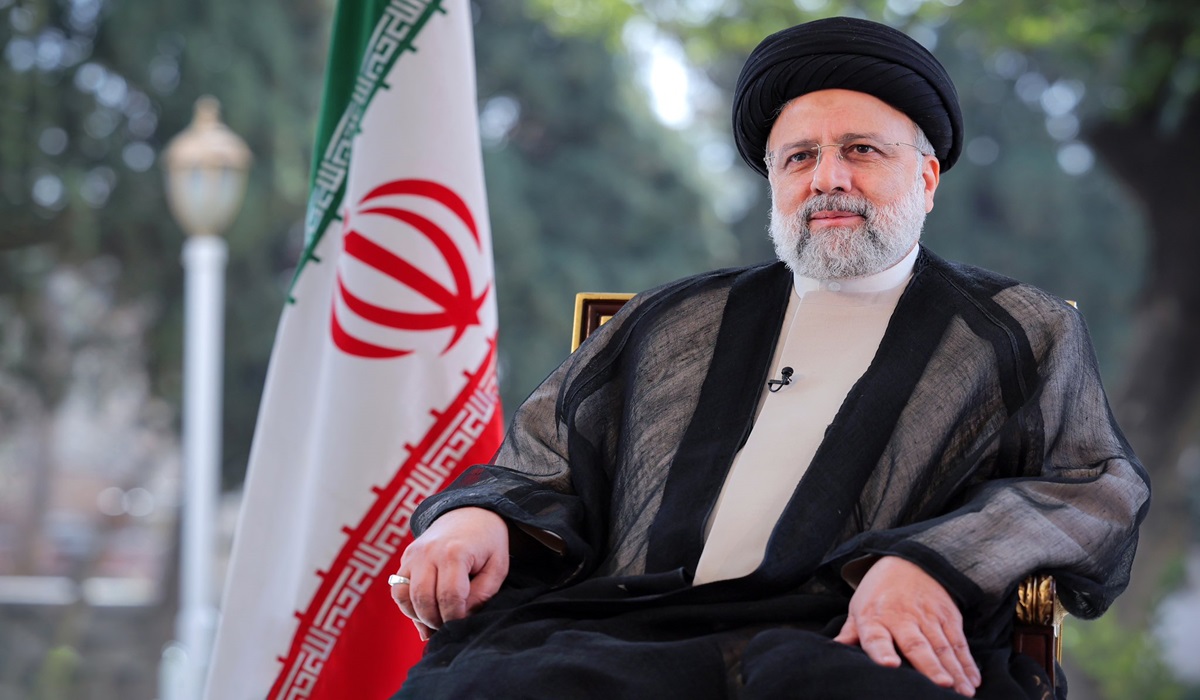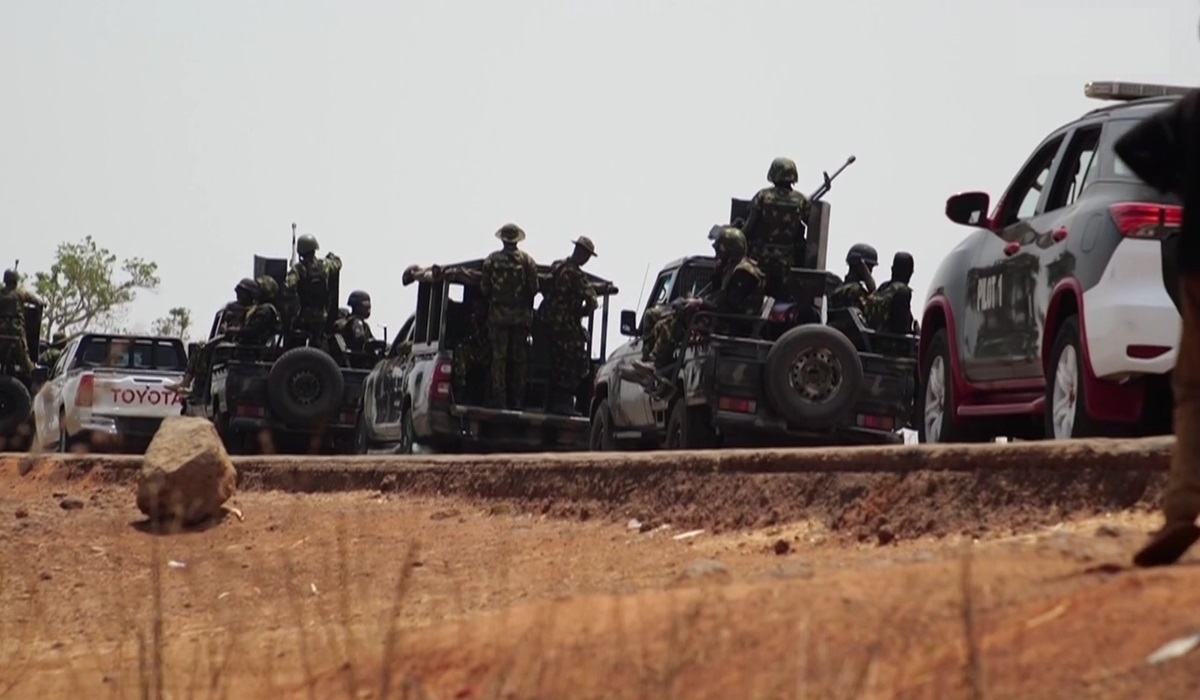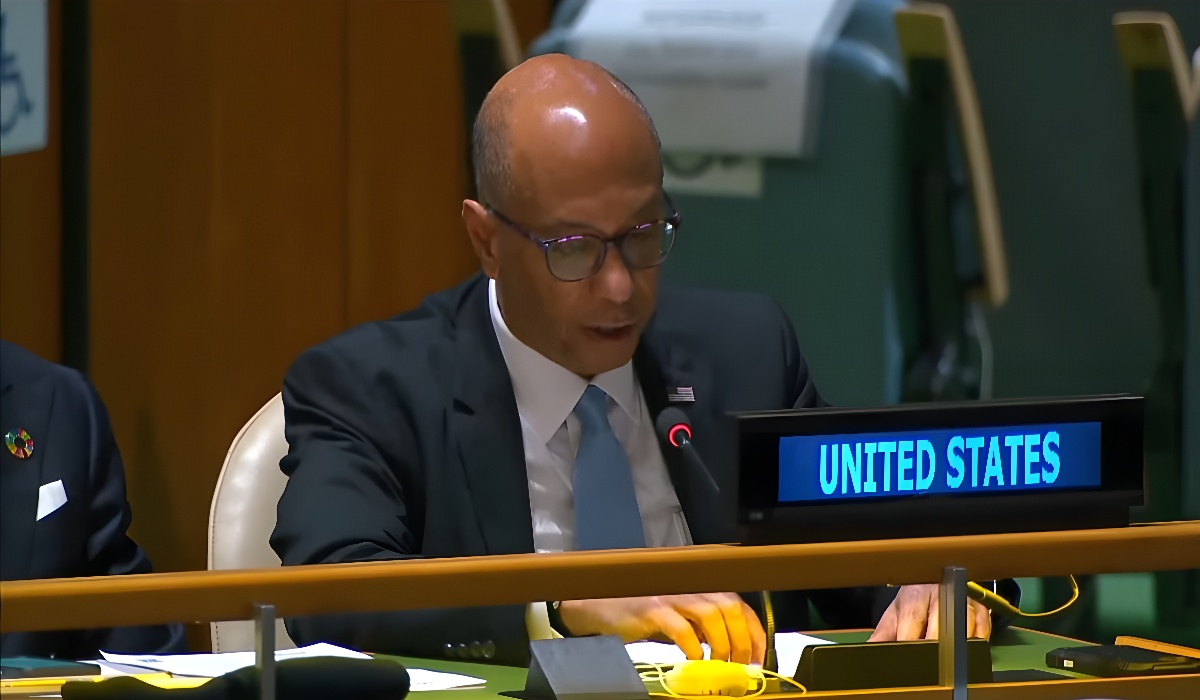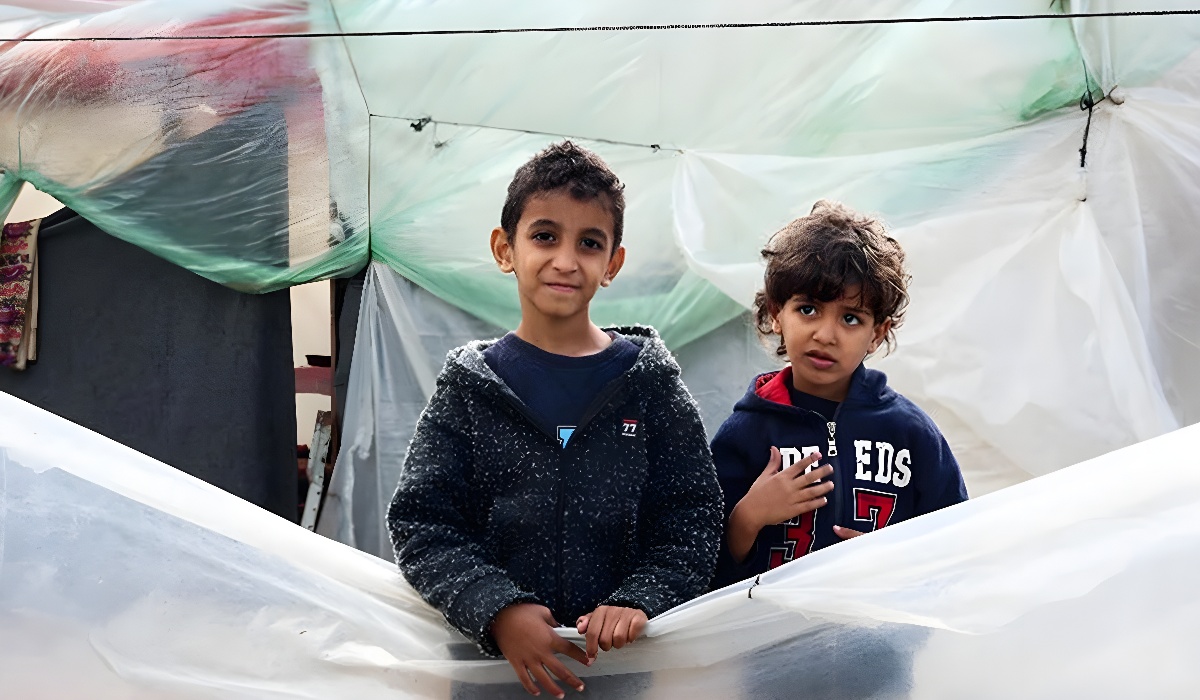Unraveling the Complex Web of International Influence in the Israel-Palestine War
- TDS News
- Breaking News
- October 9, 2023
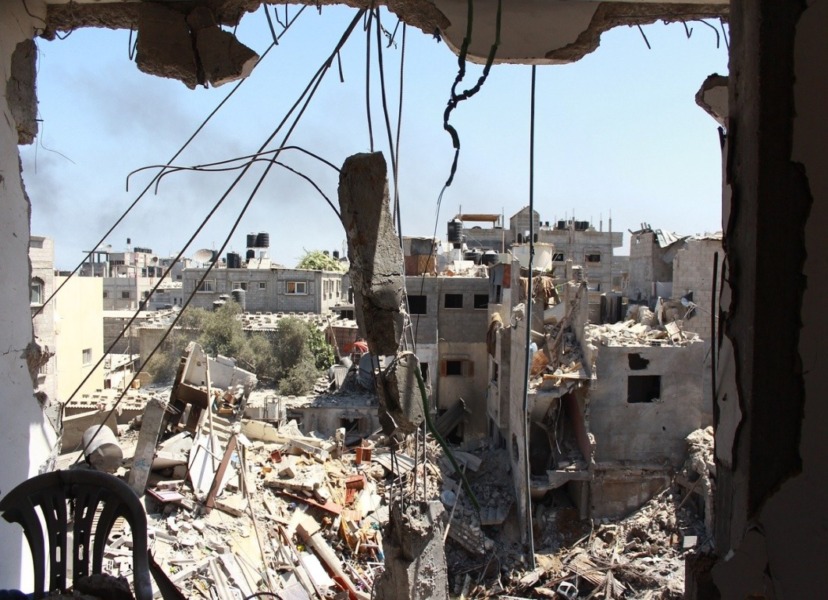
The ongoing conflict between Israel and Palestine, a decades-old struggle for control and sovereignty over land deemed sacred by both sides, is a somber reminder of the human cost of war. As tensions flare and violence escalates, it becomes evident that the situation in this region is spiralling toward a devastating outcome.
We find parallels with other global disputes, like the situation in Ukraine, as the world witnesses another profound and seemingly perpetual cycle of violence and the role of external forces in perpetuating the conflict. Humanity must reflect on whether we can allow this ongoing struggle to persist and consider its profound implications for the Middle East and the world.
The relentless exchange of rockets and airstrikes resulted in death, destruction, and trauma for countless innocent civilians, Palestinians, Israelis and foreigners caught in the crossfire. The heartbreaking reality is that no one truly wins in a war; all that remains is devastation and suffering. Yet, despite this undeniable truth, the two nations involved cannot seem to set aside their differences and work towards building on their similarities.
One of the most troubling aspects of the Israel-Palestine conflict is the influence of external forces. Sacred ideologies and proxy wars have turned this region into a battleground for various interests. As the conflict rages on, it is evident that the only innocent people are those who oppose war – children who wake up every day in fear, families torn apart by ideology, and the victims of outside influence.
Leaders more interested in maintaining their grip on power than seeking a two-state solution exacerbate the problem. The true victims in this conflict are the ordinary people who yearn for peace and stability but are caught in the crossfire.
The consequences of war are painfully evident in Israel and Palestine. The toll it takes on human lives, infrastructure, and economies is immeasurable. As violence escalates, both nations face the grim prospect of being reduced to rubble. The destruction wrought by the conflict is heartbreaking, and for what? The inability to find common ground and prioritize peace over power politics has brought the region to the brink of catastrophe.
One of the gravest concerns is the involvement of external forces using the region as a testing ground for new weapons of mass distruction. This practice, seen previously in Ukraine, only adds to the suffering of the local population. The world has drawn ideological lines, and it is clear that the Western nations support Israel, while Middle Eastern and Arab nations rally behind Palestine. This divide exacerbates the situation, making a peaceful resolution even more elusive.
The U.S. government’s decision to send an aircraft strike carrier and military support to Israel further stokes the flames of war. The claim that this is to prevent Iranian destabilization in the region only invites retaliation from other allies in the Arab nations that have pledged their support to Palestine. The potential consequences are dire, and it is becoming increasingly evident that the only beneficiaries of these conflicts are politicians and weapons manufacturers.
The weariness of the American people towards prolonged military engagements is palpable. The reluctance to put boots on the ground in Ukraine is primarily rooted in the knowledge of Russia’s nuclear capabilities, which adds a chilling layer of caution. Yet, there’s a stark realization that nothing physically constrains the United States from involving itself similarly in the Israel-Palestine conflict, deploying its full military might. For a nation that has just withdrawn from two decades of wars in Afghanistan and Iraq, the prospect of entering yet another protracted conflict is far from the desire of the American people, who yearn for peace and stability on both domestic and international fronts.
The grim reality is that increased U.S. involvement in international conflicts raises the specter of retaliatory attacks on American assets globally, including embassies and companies. In response, the U.S. may feel compelled to send military forces to intervene in those countries, often under the guise of UN peacekeepers or as part of coalition forces. This perilous cycle of conflict, retaliation, and further military engagement perpetuates a pattern of instability and destruction that ultimately serves no one’s interests, leaving the world yearning for more diplomatic and peaceful solutions to these complex international issues.
As the conflict continues, the world witnesses the inhumane suffering of the people caught in the crossfire. Media coverage, often biased, portrays the conflict through the lens of preconceived notions. The global community must recognize the need for a more balanced and empathetic approach to reporting this humanitarian crisis.
It is time for the adults to stand up and say, “Enough is enough.” We have seen this scenario play out in different parts of the world, and the outcome is always the same – death and destruction. The suffering of innocent civilians should be our primary concern, and we must prioritize peaceful solutions over war.
The Israel-Palestine crisis, like many other long-standing conflicts around the world, is a tragic reminder of the human capacity for violence and destruction. The cost of war, in terms of lives lost and infrastructure destroyed, is too high to bear. The global community must pressure leaders on both sides to seek a peaceful resolution and end the cycle of violence. As the world watches this crisis unfold, we must remember that humanity’s greatest strength lies in its ability to show kindness, love, and the will to live for today. We owe it to ourselves and future generations to break the cycle of violence and work towards a better, more peaceful world.

